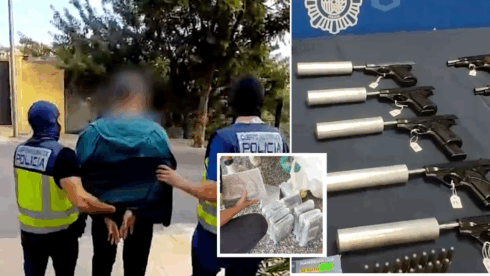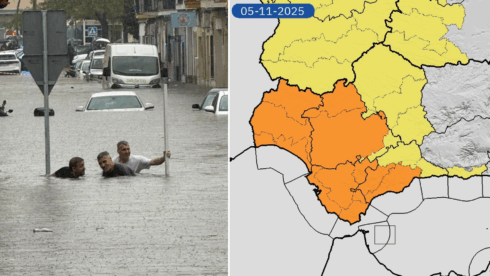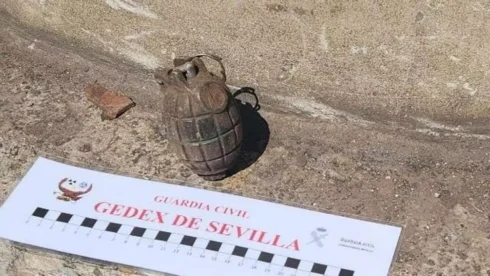TOURIST apartments found to be operating illegally in a major city in Spain will have their water supply cut off, it has been announced.
The mayor of Sevilla, Jose Luis Sanz, confirmed the measure to regional newspaper ABC.
He said the city’s water supplier Emasesa will be instructed to cut off homes that have failed to obtain the correct licence from the ayuntamiento (town hall).
READ MORE: British tourists are branded a ‘plague’ in southern Spain
Luis Sanz said it would be part of a series of measures being introduced to tackle the scourge of illegal tourist flats.
He vowed to ‘act firmly and with zero tolerance’ against law breakers, after it emerged there were at least 715 illegal tourist homes operating in the city.
It comes after a series of protests by locals from organisations such as Sevilla se muere.
Hundreds of people gathered to decry the ‘excesses’ of tourism at the end of June.
The Sevilla se Muere (Sevilla is dying) association unfurled banners in Plaza de Salvador before listing their demands for the City Council.

The group is calling for a ban on new tourist flat licences, which they claim are forcing locals out of the city centre due to plummeting housing stock and soaring rental costs.
Supporters of the group were seen wearing t-shirts reading ‘no to mass tourism’, before a speaker was seen clashing with a nearby bar owner who wanted the demonstrators to move on.
The group said the current tourism model is creating an ‘uncontrolled multiplication of tourist accommodation’ which brings an ‘exorbitant increase in the cost of housing, the deterioration of the historical heritage and, ultimately, the degradation of the city and its transformation into a theme park without soul or true life.’
The number of Airbnb-style properties in Sevilla has increased by at least 32% over the past year.
Sevilla se Muere defines itself as an apolitical citizen initiative that fights for a livable city.
They are one of many similar groups that are popping up across the country.
Most recently, these include Cadiz Resiste, in Cadiz, and Albayzin Habitable in Granada.
Click here to read more Spain News from The Olive Press.








